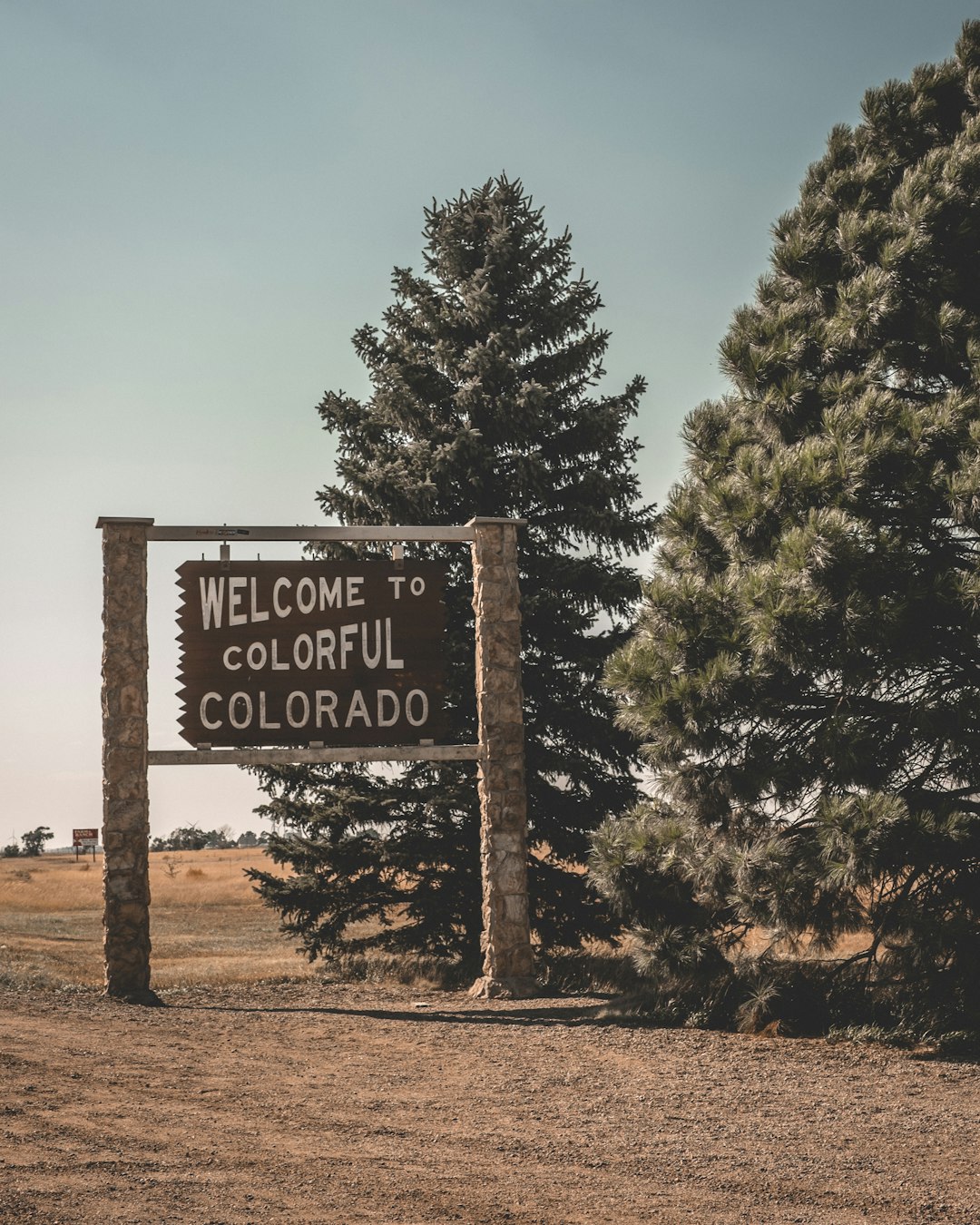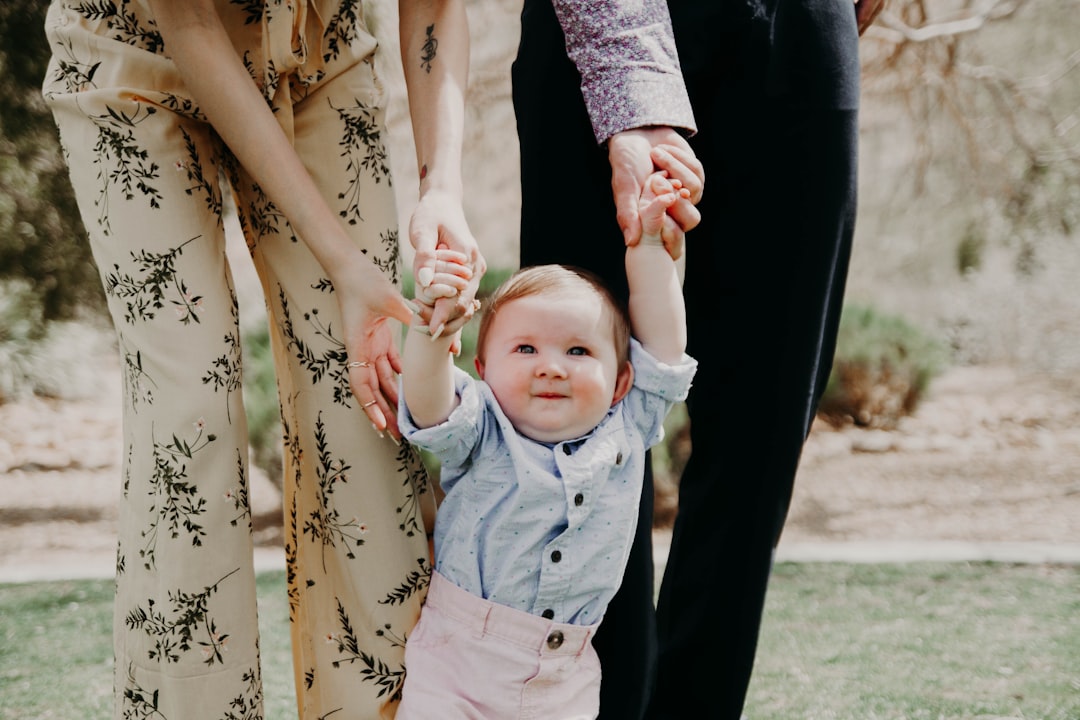In Colorado, securing justice and healing for victims of child abuse is a critical step towards ensuring every child’s safety. Understanding the state’s specific laws is paramount in these sensitive cases. This article guides you through the legal landscape of child abuse in Colorado, offering insights on when to seek professional help, how to choose the right child abuse lawyer, and what to expect during the legal process. For those seeking a child abuse lawyer in Colorado, navigating this journey towards justice requires informed steps.
Understanding Child Abuse Laws in Colorado

In Colorado, child abuse is taken very seriously, with strict laws in place to protect minors and hold perpetrators accountable. The state defines child abuse as any act or omission that causes harm, injury, or a serious risk of physical or emotional damage to a child. This includes various forms such as physical, sexual, and emotional abuse, as well as neglect. If you suspect or have experienced child abuse, it’s crucial to reach out to a child abuse lawyer Colorado immediately. These legal professionals are equipped to guide victims and their families through the complex legal system, ensuring their rights are protected.
Colorado law enforcement agencies work closely with child welfare organizations to investigate reports of abuse, and prosecution is determined based on the severity of the case. A child abuse lawyer Colorado can provide vital support during this process, offering legal advice, representing the victim in court, and advocating for their best interests. Understanding your rights and options is essential when dealing with such sensitive matters, making it imperative to consult a qualified attorney who specializes in child abuse cases.
When to Seek Legal Assistance for Abuse Cases

If you suspect or have witnessed child abuse in Colorado, it’s crucial to act swiftly and seek appropriate help. The first step should be contacting local law enforcement or a child protective services agency to report the suspected abuse. However, legal assistance is often an essential component of ensuring justice for the victim. A qualified child abuse lawyer in Colorado can provide vital guidance on navigating complex laws and procedures related to child abuse cases.
Timing is critical; evidence can be fragile, and witnesses’ memories may fade over time. Engaging a Colorado child abuse lawyer promptly increases the chances of a successful prosecution and protects the rights of the victim. They can help gather evidence, interview witnesses, and ensure that the legal process moves efficiently while adhering to state laws and regulations.
Choosing the Right Child Abuse Lawyer

When searching for a child abuse lawyer in Colorado, it’s crucial to make an informed decision. Look for attorneys with extensive experience handling similar cases and a proven track record of success. Specialization in child abuse law is essential as these cases often involve complex legal issues and emotional sensitivities. Ensure the lawyer has a deep understanding of child protective services, forensic interviews, and the unique challenges faced by survivors and their families.
Reputation and communication are key. Choose a lawyer who is compassionate, actively listens to your concerns, and keeps you informed throughout the process. Effective legal representation in child abuse cases requires a strong advocate who can navigate the legal system, protect your rights, and ensure the best possible outcome for your family.
Navigating the Legal Process for Justice and Healing

Navigating the legal process in a child abuse case can be daunting, but with the right support, it becomes a powerful tool for justice and healing. In Colorado, victims and their families have access to dedicated child abuse lawyers who understand the sensitivity of these cases. These legal professionals play a crucial role in ensuring that the rights of abused children and their caregivers are protected throughout the entire process.
A child abuse lawyer in Colorado will guide clients through various legal steps, from filing protective orders to pursuing criminal charges or civil lawsuits against responsible parties. They help victims understand their options, collect evidence, and collaborate with law enforcement and social services agencies. This comprehensive support allows for a more streamlined journey towards justice, providing the necessary space and time for healing to begin.






